The humanitarian crisis in Sudan has reached catastrophic levels, with over 30 million people – more than half the population – in dire need of life-saving aid. The UN Under-Secretary-General for Humanitarian Affairs, Tom Fletcher, has sounded the alarm, warning that Sudan represents the world’s largest humanitarian crisis.
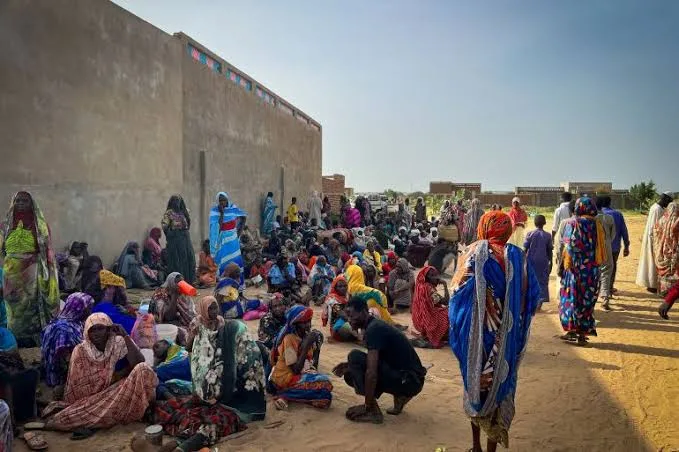
Devastating Humanitarian Situation
The situation on the ground is grim, with civilians trapped and starving, without access to basic necessities for survival. Indiscriminate shelling, drone attacks, and airstrikes continue to kill, injure, and displace people in staggering numbers. The health system has been “smashed to pieces,” leading to dire measles and cholera outbreaks. A cholera vaccination campaign is currently underway in Khartoum State, aiming to reach 2.6 million people.
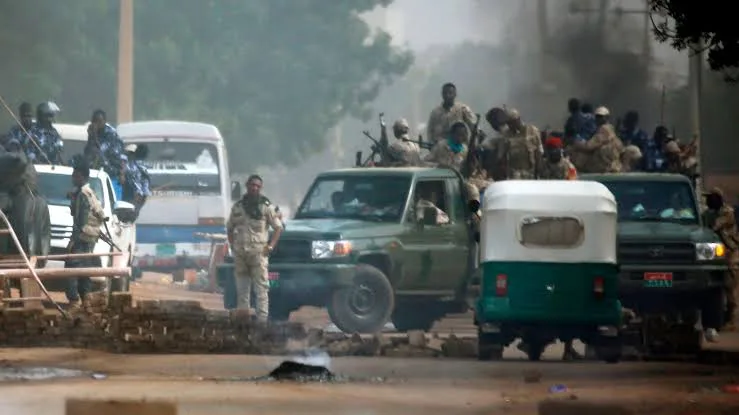
Human Rights Violations and Abuses
A recent report by the UN Human Rights Office documents widespread human rights violations and abuses, including:
– *Attacks on Civilians*:
Attacks on densely populated areas, IDP camps, health facilities, markets, and schools.
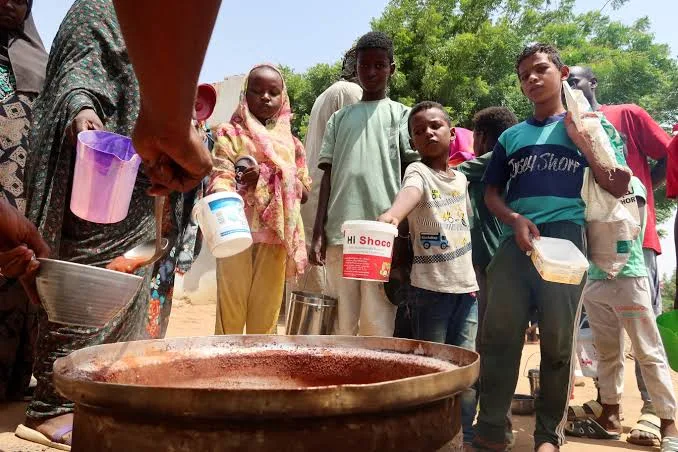
– *Summary Executions*:
Ethnically motivated summary executions.
– *Sexual Violence*:
Over 80 reported incidents of conflict-related sexual violence, affecting at least 203 victims.
– *Disappearances*:
Widespread disappearances and a generalized crackdown on civic space.
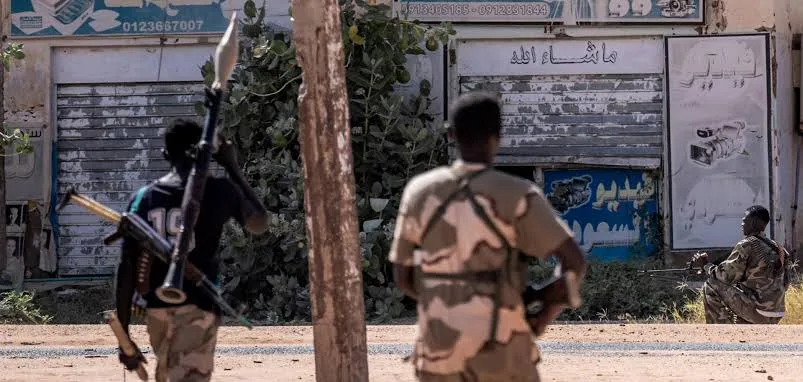
Call to Action
The UN chief has called on the international community to take immediate action to protect civilians, guarantee safe access for humanitarians, and fund their work. He emphasized that accountability is critical to breaking the recurring cycle of violence and impunity in Sudan. The international community must step up to deliver on its promises to protect the people of Sudan.
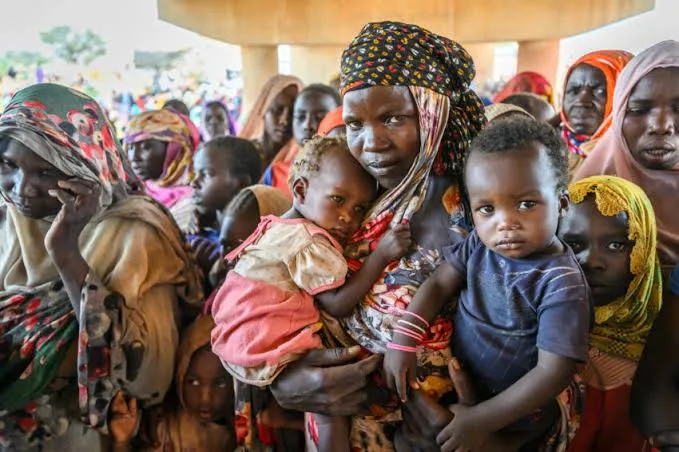
Funding and Aid Efforts
Humanitarian organizations are working tirelessly to provide aid to those in need, but funding remains a significant challenge. The lack of funding constrains the response and falls short of what the people of Sudan need. The UN and other humanitarian agencies are urging donors to scale up support to sustain aid operations.
